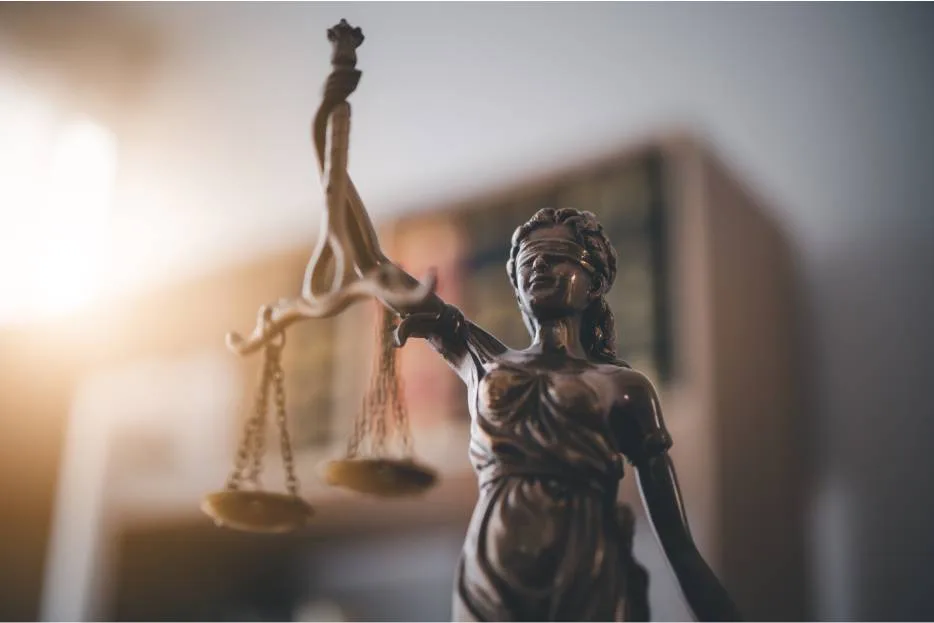In a previous post, we shared with you what to do when your patent expires; nevertheless, deadlines or bureaucracy are not the only aspects a company must pay attention to. In business, reputation is one of the most valuable assets a company or individual can possess. However, false statements or malicious attacks on one’s character or brand can inflict significant harm, impacting revenues, relationships, and long-term success.
Defamation —whether slander (spoken) or libel (written)— can damage a business’s credibility and disrupt its operations. But not every instance of defamation warrants legal action. Deciding whether to pursue litigation involves careful consideration of the financial, reputational, and legal stakes.
This article explores the key aspects of defamation in a business context, including how to recognize actionable claims, the potential benefits and risks of legal proceedings, and practical steps to protect your reputation while weighing the decision to litigate.

Table of Contents
ToggleWhat is defamation?
Defamation refers to any false statement presented as fact that injures the reputation of an individual, business, or organization. It is categorized into two main forms: slander and libel.
Slander involves spoken statements, while libel pertains to written or published content, including online posts or media articles. Both forms of defamation can have severe consequences, especially in the business world, where credibility and trust are vital assets.
To qualify as defamation, a statement must meet specific criteria. It must be demonstrably false and presented as a fact, not merely an opinion or hyperbole.
Additionally, the statement must be communicated to a third party and result in measurable harm, such as financial losses, diminished reputation, or strained business relationships. For example, falsely accusing a company of fraud in a public forum could tarnish its reputation, lead to a loss of clients, and hinder its ability to secure partnerships.
How can defamation impact your business?
As we mentioned, defamation can have a severe impact on your company’s reputation. To analyze how this could affect you, we recommend getting in touch with a commercial litigation lawyer in Miami.
A single false statement—whether spoken or written—can erode trust, undermine credibility, and cast doubt on a company’s integrity in the eyes of customers, investors, and partners. In today’s digital age, where information spreads rapidly and often remains accessible indefinitely, the impact of defamation can be amplified, making swift and strategic responses critical.
One of the most immediate effects of defamation is financial harm. It can cause clients to break ties, deter potential customers, and damage critical partnerships. The economic fallout may extend beyond immediate losses, as the business may need to allocate resources to crisis management, public relations campaigns, or legal fees to mitigate the damage.
Additionally, defamation can disrupt internal operations and morale. Employees may feel the impact of negative publicity, leading to reduced confidence in the organization or difficulty in attracting and retaining top talent. Business leaders may find themselves distracted from core objectives, diverting time and energy toward addressing reputational issues.

Recognizing an actionable defamation claim
When defamation occurs, not all statements automatically qualify as grounds for a lawsuit. To determine whether a claim is actionable, evaluating specific legal criteria and distinguishing between legitimate defamation and non-actionable forms of expression, such as opinions or criticism, is essential.
Understanding these nuances helps businesses decide when to pursue legal action and when to consider alternative responses. Hereunder, we prepared some key points your lawyer should look for before starting a litigation process.
Key elements of defamation
1.- False statement
First, the statement must be false and presented as a fact. Opinions, exaggerations, or satirical remarks are generally protected under freedom of speech, even if harsh or critical. A claim that a company delivered substandard service, for instance, may fall into the realm of subjective opinion unless accompanied by demonstrably false factual allegations.
2.- Third party communicated
Third, the false statement must cause measurable harm, such as financial losses, reputational damage, or other tangible negative consequences. Additionally, the level of intent —whether the statement was made negligently or maliciously— can influence the strength of the case.
3.- Intention to cause damage
Third, the false statement must cause measurable harm, such as financial losses, reputational damage, or other tangible negative consequences. Additionally, the level of intent—whether the statement was made negligently or maliciously—can influence the strength of the case.
4.- Defamation vs. Legitimate Criticism
An important aspect of identifying an actionable claim is distinguishing between defamation and legitimate criticism. Businesses often face negative reviews, public feedback, and competitive critiques, which are not inherently defamatory.
Freedom of speech allows individuals to express opinions about a company’s products, services, or practices, even if the feedback is unflattering or damaging to its reputation.
The line between criticism and defamation lies in presenting false statements as facts. For instance, claiming that a product failed to meet personal expectations is an opinion, while asserting —without evidence— that the product contains harmful or illegal substances could cross into defamation.
By understanding the elements of defamation and differentiating it from permissible expressions of opinion or criticism, businesses can better assess whether a harmful statement constitutes an actionable claim.
This knowledge is crucial for determining the appropriate course of action, whether it involves legal proceedings or other strategies to address the situation. So now that you’ve learned more about defamation, don’t hesitate to contact us; one of our experts will be prepared to assist you.



